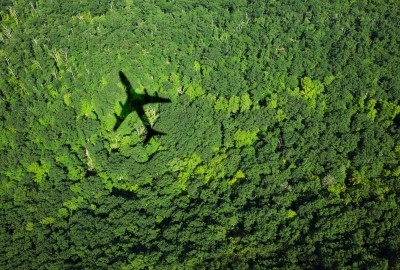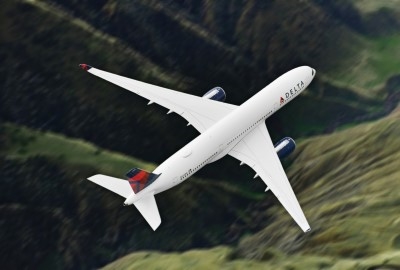Air France-KLM: increase SAF utilization, from the right sources
Air France-KLM has high aspirations to get to 10% sustainable aviation fuel (SAF) use by 2030. Utilizing increasing quantities of SAF is the ‘spearhead’ for Air France-KLM to decarbonize airline service worldwide and meet its sustainability goals. Using SAF versus kerosene means reducing harmful emissions by at least 75%.

To reach the ambitious target of 10% SAF in 2030, Air France-KLM wants to build on its leading role in the aviation industry in the use of SAF. Although Air France-KLM accounted for 3% of the world’s kerosene consumption, the group has already bought 17% of the world’s SAF. In fact, Air France-KLM started using SAF as long ago as 2009.
According to a report by SimpleFlying, the airline company is looking into making jet fuel out of thin air and electricity, the same process that Alaska Airlines has invested in with Microsoft. The enterprise, on the other hand, wants to steer away from using SAF that is created from products that compete for human food or animal food. For Air France-KLM, using palm oil is also a no-go as palm oil can be used in food manufacturing and its production is incredibly environmentally destructive.
Furthermore, all SAF feedstock that Air France-KLM Group purchases must have a lifecycle carbon reduction versus that of fossil fuels of at least 75%.


